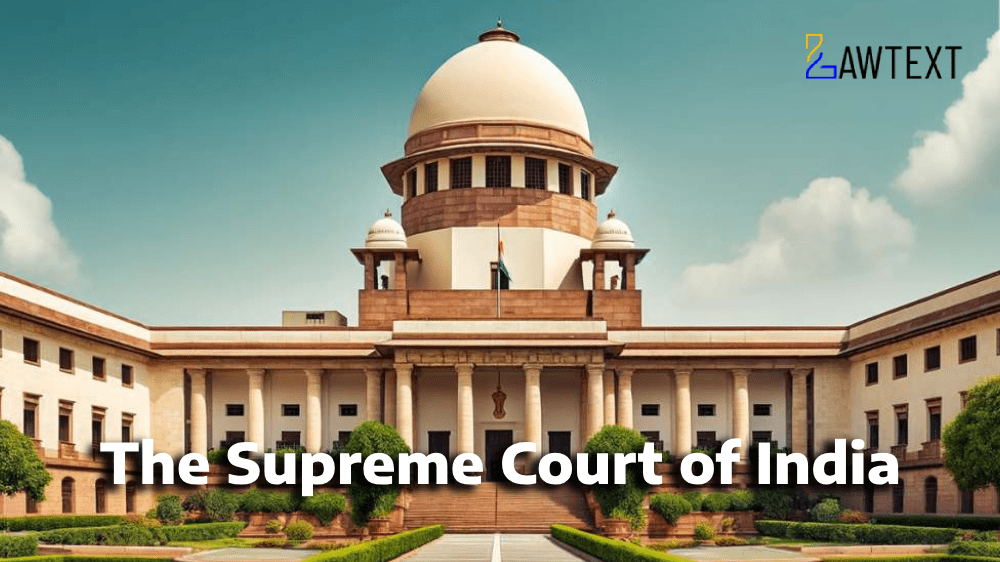

Child Witness and Trauma-Induced Silence: The Court held that the silence of a traumatized child victim cannot be used against the prosecution. The absence of direct testimony from the victim does not automatically lead to acquittal if other evidence, such as medical and circumstantial evidence, supports the prosecution’s case. (Para 24)
Medical Evidence: The Court relied on the medical report, which confirmed injuries consistent with forceful sexual intercourse. The defense’s claim that the injuries could have been caused by a nail or pin was rejected. (Para 20)
Circumstantial Evidence: The Court applied the Panchsheel Principles from Sharad Birdhichand Sarda v. State of Maharashtra (1984) to hold that the chain of circumstances must be complete and point conclusively to the guilt of the accused. In this case, the circumstantial evidence, including the accused’s injuries and the victim’s condition, met this standard. (Para 15)
Contradictions in Witness Statements: The Court held that minor discrepancies between the FIR and witness statements do not necessarily discredit the prosecution’s case, especially when other evidence corroborates the charges. (Para 19)
Benefit of Doubt: The Court emphasized that the benefit of doubt must be based on reasonable and substantial doubts arising from the evidence, not mere speculation or trivial inconsistencies. (Para 16)
The Supreme Court allowed the appeal, setting aside the High Court’s acquittal and reinstating the Trial Court’s conviction. The accused was directed to surrender within four weeks to serve the remaining sentence.
Latin Terms:
Qua: In the capacity of (Para 14)
Per se: By itself (Para 17)
Procedures:
Reinstatement of Trial Court’s conviction.
Direction to the accused to surrender and serve the remaining sentence.
Subjects:
Child Witness – Sexual Assault – Medical Evidence – Circumstantial Evidence – Acquittal Overturned – Trauma-Induced Silence – Delay in FIR – Benefit of Doubt – Tutoring of Witness – Forensic Evidence
Major Acts:
Indian Penal Code, 1860 (IPC) – Section 376 (Rape)
Code of Criminal Procedure, 1973 (CrPC) – Appeal against Acquittal
Indian Evidence Act, 1872 – Section 118 (Competency of Child Witness)
Subjects:
Child Witness – Sexual Assault – Medical Evidence – Circumstantial Evidence – Acquittal Overturned – Trauma-Induced Silence – Delay in FIR – Benefit of Doubt – Tutoring of Witness – Forensic Evidence
Facts:
Nature of the Litigation: Criminal Appeal against the acquittal of the accused in a child rape case dating back to 1986.
Who is Asking the Court and for What Remedy?: The State of Rajasthan appealed against the High Court’s acquittal of the accused, seeking reinstatement of the Trial Court’s conviction.
Reason for Filing the Case: The High Court had acquitted the accused based on discrepancies in witness statements and lack of direct testimony from the victim, a minor girl.
What Has Already Been Decided Until Now?:
– Trial Court (1987): Convicted the accused under Section 376 IPC, sentencing him to 7 years rigorous imprisonment.
– High Court (2013): Acquitted the accused, citing contradictions in witness statements and lack of corroborative evidence.
Issues:
Whether the High Court erred in acquitting the accused based on discrepancies in witness statements and the victim’s silence?
Whether the absence of direct testimony from the child victim, due to trauma, can be a ground for acquittal?
Whether medical and circumstantial evidence alone can sustain a conviction in a child rape case?
Submissions/Arguments:
State of Rajasthan: Argued that the High Court failed to independently assess the evidence, including medical reports and circumstantial evidence, which pointed to the guilt of the accused. The victim’s silence was due to trauma, and her testimony was not essential for conviction.
Accused: Contended that the prosecution failed to prove the case beyond reasonable doubt, citing contradictions in the FIR and witness statements, and the absence of forensic evidence (semen) to corroborate the rape charge.
Case Title: STATE OF RAJASTHAN VERSUS CHATRA
Citation: 2025 LawText (SC) (3) 184
Case Number: CRIMINAL APPEAL NO.586 OF 2017
Date of Decision: 2025-03-18